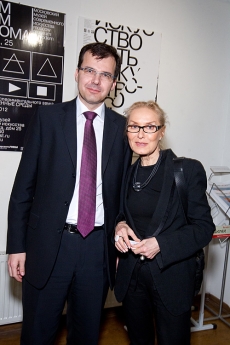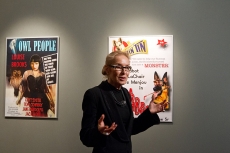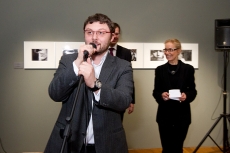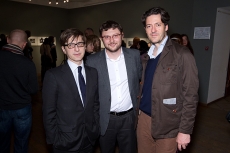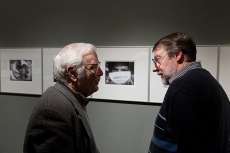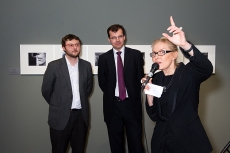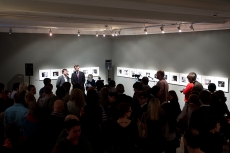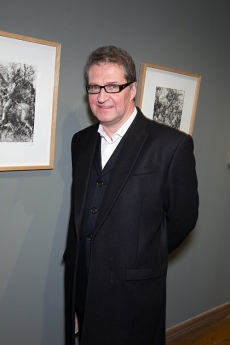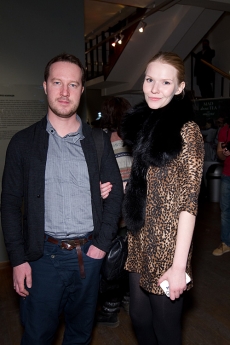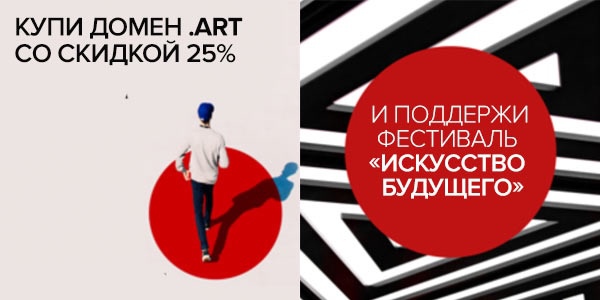Films and Photographs
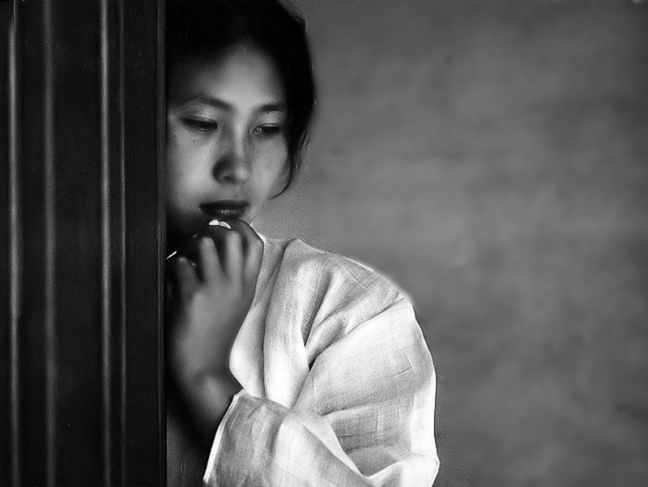
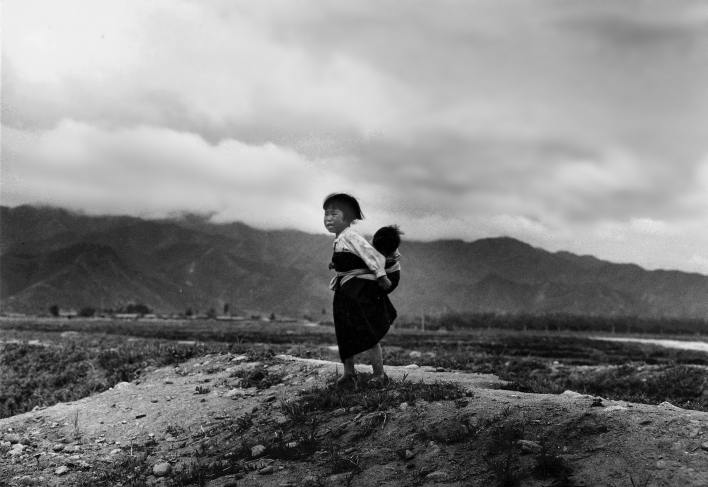
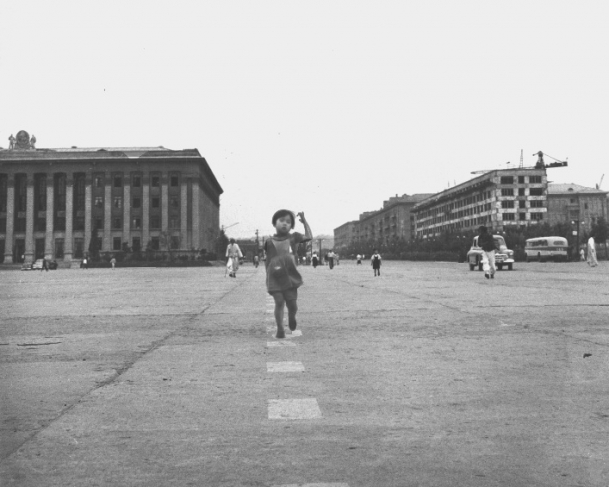
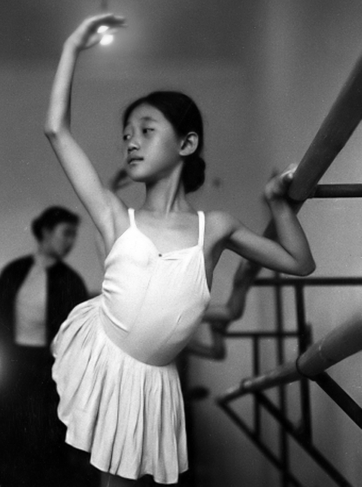
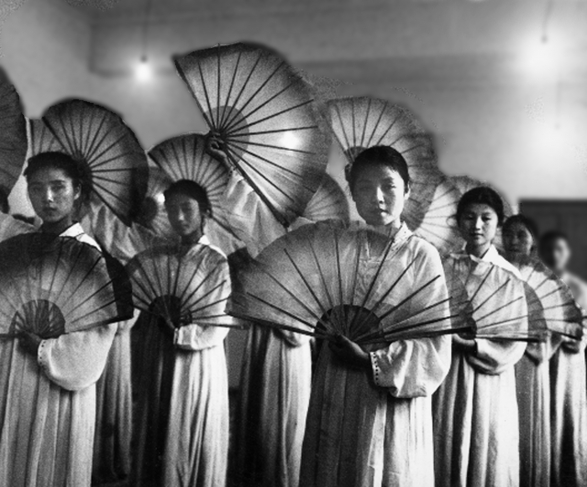
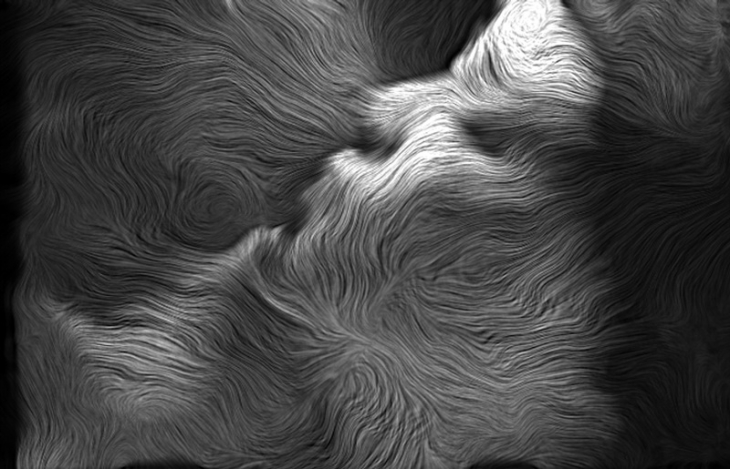
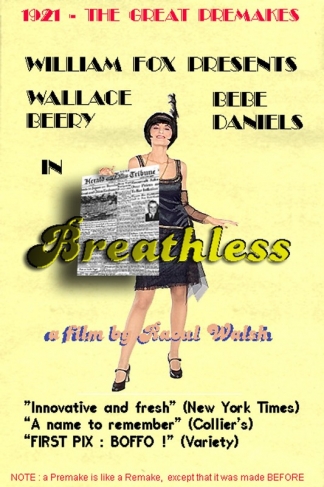
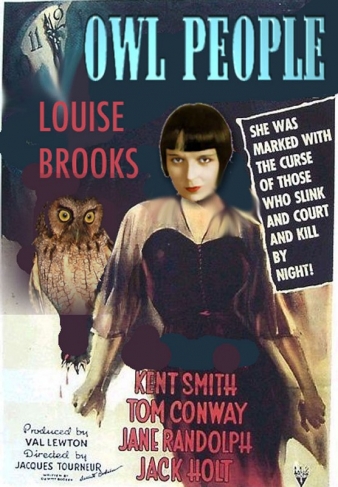
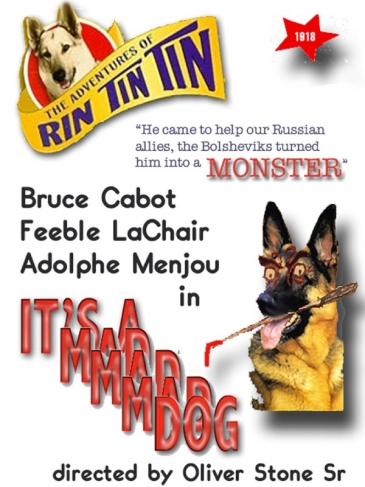
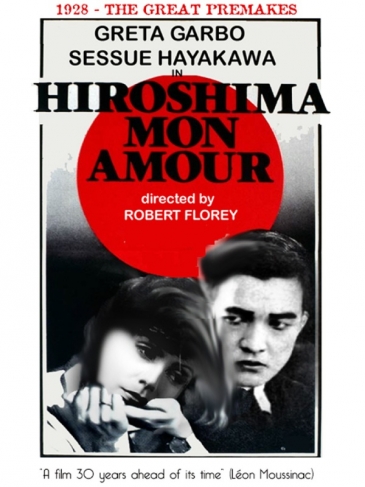
Chris Marker. Koreans, 1957. Courtesy the artist and Peter Blum Gallery, New York
Chris Marker. Koreans, 1957. Courtesy the artist and Peter Blum Gallery, New York
Chris Marker. Koreans, 1957. Courtesy the artist and Peter Blum Gallery, New York
Chris Marker. Koreans, 1957. Courtesy the artist and Peter Blum Gallery, New York
Chris Marker. Koreans, 1957. Courtesy the artist and Peter Blum Gallery, New York
Chris Marker. Untitled (from the Hollow Men), 2005. Courtesy the artist and Peter Blum Gallery, New York
Chris Marker. Breathless, 1995. Courtesy the artist and Peter Blum Gallery, New York
Chris Marker. Owl People, 1995. Courtesy the artist and Peter Blum Gallery, New York
Chris Marker. Rin Tin Tin, 1995. Courtesy the artist and Peter Blum Gallery, New York
Chris Marker. Hiroshima Mon Amour, 1995. Courtesy the artist and Peter Blum Gallery, New York
Moscow, 20.03.2012—27.04.2012
exhibition is over
Moscow Museum of Modern Art
Tverskoy boulevard, 9
Mon.-Sun. 12:00 - 20:00; Ticket Office closes at 19:15
Share with friends
Presented by the Artist and Peter Blum Gallery, New York
For the press
Chris Marker (1921, Neuilly-sur-Seine) is one of the most influential and important filmmakers to emerge in the post-war era. Marker appeared on the Paris cultural landscape as a writer and editor and also became identified for his uniquely expressive non-fiction films. Marker began garnering international recognition in 1962 with the science-fiction short film La Jeté. In the seventies Marker created documentaries both on the history of the left (Le Fond de l’air est rouge, 1977) and travel and memory (Sans Soleil, 1982). Marker has also produced acclaimed media installations, including Owls at Noon Prelude: The Hollow Men, shown at New York’s Museum of Modern Art in 2005 and presented by Peter Blum at Art Basel Unlimited in 2006, and Silent Movie, commissioned by the Wexner Center for the Arts in 1995. The five channel video installation Silent Movie questions the linearity of narration and history and presents a highly personal response to the one-hundredth anniversary of the invention of cinema. Chris Marker has been making moving images for more than five decades, always working at the cutting edge of technology and aesthetics, ideology and form.
Chris Marker has been included in exhibitions at Peter Blum Gallery (2007, 2009, 2011), MoMA PS1 Contemporary Art Center in New York; the Walker Art Center ib Minneapolis; The Centre Georges Pompidou, The Jeu de Paume in Paris.
Most recently his work was exhibited at the Les Rencontres d’Arles photography festival (2011) and the Centre de la photographie, Geneve (2012).
In 1957, I had the opportunity to join a group of French journalists ‘invited’ to visit North Korea. I would only realize later what a unique opportunity that was. The four years following the war (a conflict soberly described by General Bradley as the ‘wrong war, in the wrong place, at the wrong time, and with the wrong enemy’) had been dedicated mostly to rebuilding a bomb-stricken country, and the formidable propaganda machine that would soon be identified with the sheer mention of North Korea wasn’t yet running at full throttle. We were subjected to a sizable dose of propaganda, but between two obligatory sessions of Socialist kowtowing, our hosts allowed us an amount of free walking unequalled since. Many years later, I could contemplate on television the predicament of a Belgian delegation whose members supplicated their guide to see, at least once, a marketplace — and after having visited the museum in honor of comrade Kim Jong-il, the library with the complete works of comrade Kim Jong-il, the factory that followed the directives of comrade Kim Jong-il, they were finally taken to an empty space outside the city, where a marketplace would be established according to the plans of comrade Kim Jong-il. Watching the image of hopelessness on the faces of the poor wretches made me appreciate even more the liberty I had enjoyed to hang around Pyongyang with my camera and to look everywhere, including marketplaces. Amusingly, the result of those strolls was equally rejected on both sides of the 38th parallel. To the North, a book which never mentioned once the name of Kim Il-Sung simply didn’t exist. To the South, the raw fact that it had been allowed to be done in North Korea made it a tool of communist propaganda. That’s how, I was told, it was exhibited in Seoul’s counter-revolutionary museum, and its author introduced as a ‘Marxist dog’. I didn’t mind. Since Snoopy, the word ‘dog’ has ceased to be an insult in my cats-ruled world. Then Time froze on that country whose culture had fascinated me, as well as the mesmerizing beauty of its women, while the megalomaniac leadership of both Kims had proven a disaster. Many examples of that freeze would appear in the news, the most recent so incredible that it escaped many commentators. When the DPRK (that’s its official name) launched the famous rocket that worried the whole world, the KOREAN NEWS agency published the following communiqué: ‘The Secretariat of the C.C., the Communist Party of the Soviet Union fully supports the steadfast stand of the Workers’ Party of Korea led by General Secretary Kim Jong Il’. Yes, you read correctly: ‘Soviet Union’. In 2009. Perhaps nobody ever dared to update comrade Kim Jong-il.
Chris Marker, 2009
‘The apparition of these faces in the crowd / Petals on a wet, black bough’... The short unforgettable poem by Ezra Pound was my first idea of an epigraph for another photo exhibition, STARING BACK. Then I decided to drop the epigraph. Too easy to shelter yourself behind a great poet, like a metaphorical bulletproof jacket, methought. Please note that I didn’t mention that repressed idea to anyone. Then came the first reviews. And Brian Dillon’s piece in Art Review started with: ‘The apparition of these faces in the crowd / Petals on a wet, black bough’ — after which he elaborated on the kinship between those verses and the mood of my photographs. I was thunderstruck. So it was true, after all, there existed such a thing as poetry, whose ways are by nature different from the ways of the world, that makes one see what was kept hidden, and hear what was kept silent. I had always been convinced that in my small essays, the untold part was more meaningful than the blabbering, and there I had the burning proof. This time I won’t shy away from quoting Pound, and I guess that with this latest experiment inside the Paris subway it fits even better. Petals are for sure these visages I capture with a hidden camera, like a benevolent paparazzo. Stolen, yes, but by another trick of the mirror, here stealing means giving. Tabloids love to catch people (preferably celebrities) unaware, if possible with an awkward or ridiculous expression, things that happen mechanically, independent of the subject’s real intention. When I was a kid, French president Poincaré once visited a WWI graveyard under a blazing sun, and the extreme light made appear on his face, for one-tenth of a second, a rictus that could be mistaken for a grin. A photograph caught that moment, and for the rest of his career he was berated by his Rightist opponents as ‘the man who laughs in cemeteries’. It may be that this childhood memory helped me to generate a defiant curiosity toward images. So my aim in collecting these ‘petals’ is exactly — small wonder — the opposite of tabloids. I try to give them their best moment, often imperceptible in the stream of time, sometimes 1/50 of a second that makes them truer to their inner selves. And for that the hidden camera is a necessity. Even today, in the maelstrom of audiovisual machines, when people make movies with their cellphones, most remain camera conscious, and if rarely hostile, when they spot the lens they cease to be natural. Girls generally smile, which is delightful but may turn monotonous, others search for their best profile, others simply cringe... Here I caught them innocent like animals, in the beauty of the jungle. I started the experience with a wristwatch camera, hence the title. Then I used different contraptions but I kept the title, for my personal pleasure and also because the stolen moment of a woman’s face tells something about Time itself... But that’s another story and, oh yes, I had almost forgotten the title of Pound’s poem: it was written in Paris, and the title is ‘In a Station of the Metro’.
Chris Marker, 2009

